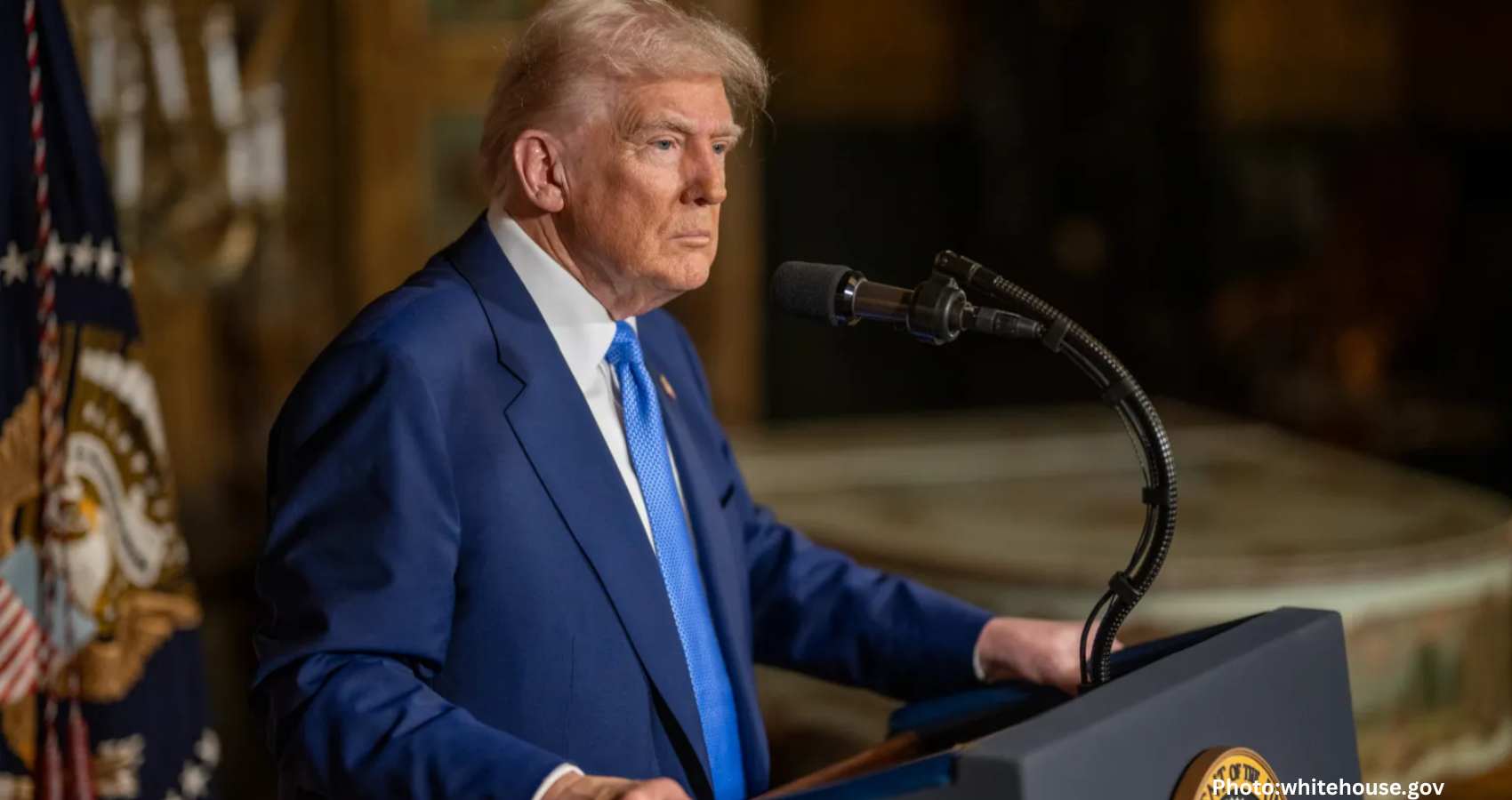The BBC has issued an apology to Donald Trump for misleading edits in a Panorama episode, which suggested he incited violence during his January 6, 2021, speech, but rejected his demand for damages.
The BBC has formally apologized to former U.S. President Donald Trump regarding the editing of his speech from January 6, 2021, in a 2024 episode of Panorama. The edits unintentionally created the misleading impression that Trump directly incited violence during the Capitol riots. Despite this apology, the BBC has declined Trump’s request for $1 billion in damages, citing a lack of legal grounds for a defamation claim.
Following an internal review, the BBC acknowledged that the edited segment made it appear as though Trump’s remarks were a continuous excerpt, rather than a compilation of different parts of his speech. This misrepresentation led viewers to believe he was calling for violent action. In light of this, the broadcaster confirmed it would not rebroadcast the controversial program.
The situation escalated when it was discovered that a previous broadcast of Newsnight in 2022 had similarly edited the same speech in a misleading manner, prompting further criticism of the BBC’s editorial standards. This series of events ultimately resulted in the resignation of BBC Director General Tim Davie and Head of News Deborah Turness.
In response to demands from Trump’s legal team, the BBC’s lawyers outlined five key defenses in a letter. They argued that the program was broadcast only in the U.K. and did not reach U.S. audiences, that the clip did not harm Trump’s reputation as he was re-elected shortly after the events, and that the editing was intended to condense a lengthy speech without malice. Additionally, they noted that the contested clip represented only a small portion of an hour-long program that included multiple viewpoints, some of which were favorable to Trump. The lawyers also pointed out that political commentary is afforded strong protection under U.S. defamation laws.
BBC Chair Samir Shah personally apologized to the White House, expressing regret over the editing error while maintaining that no defamation had occurred. A spokesperson for the BBC emphasized the organization’s commitment to high editorial standards and indicated that the matter remains under review.
In an interview with Fox News, Trump characterized the edit as a “butchering” of his remarks and accused the BBC of misleading the public. His legal team has set a deadline for the BBC to retract the documentary, issue a full apology, and provide compensation. However, as of now, no formal lawsuit has been filed.
This incident has also sparked discussions about BBC board appointments and the corporation’s editorial independence. Critics have raised concerns regarding potential political influences on the BBC. Ed Davey, leader of the Liberal Democrats, has called for government intervention to safeguard the BBC’s impartiality amid the legal threats it faces.
The BBC’s misstep regarding the January 6 speech highlights the delicate balance that media organizations must maintain between editorial judgment and accuracy, particularly when covering politically charged events. While the BBC has apologized for the error and has ceased airing the program, the ongoing dispute underscores persistent challenges related to public trust and media accountability.
Source: Original article

